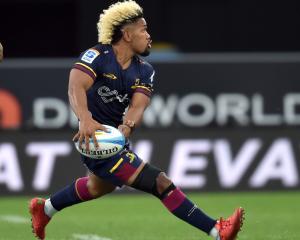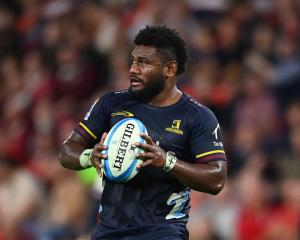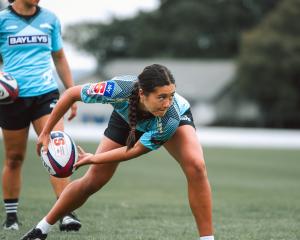Homophobic slurs are still commonplace in the game and the main problem appears to stem from those who say they do not believe such slurs cause any harm.
A research paper from Monash University in Melbourne outlining the topic was presented at the World Congress of Sociology of Sport conference at the University of Otago yesterday.
Monash lead researcher Erik Denison showed that homophobic language was still used in youth rugby. Research had found despite zero-tolerance policies by administrators and sporting bodies, 75% of participants in the study reported hearing team-mates using homophobic slurs in the two weeks before the study.
More than half - 52% - admitted using the slurs themselves.
Gay and bisexual youth had told researchers sport was a key social setting where they experienced homophobic abuse, increasing the risk of self-harm and deterring participation.
Denison said it was critical to understand why the homophobic language remained commonplace in male sport.
The research was based on data collected from all under-18 male rugby players from South Australia.
The players were asked to explain their motivations for saying the words and were provided a range of options on why they said the words or they could provide their own reasons.
Research showed young men used the homophobic slurs to gain social capital and also enact a version of masculinity thought to be desirable.
Expressing prejudice towards gay people was the least reported motivation. So the words were just said to impress friends and had no real threat behind them.
The Monash University researchers said the findings should provide direction to researchers and practitioners hoping to develop focused programmes to stop homophobic language in sport.
Denison said the findings should provide direction to researchers and sports leaders developing programmes to stop homophobic language in sport.
In November 2016 New Zealand Rugby undertook a respect and responsibility review.
It found the rugby world needed a pathway to continue to ensure everyone involved in the game had the right information and understanding regarding respect and responsibility to enable them to make the right decisions.
That included ensuring that attitudes towards women in rugby, diversity, respect, responsibility and inclusiveness were in keeping with a world-leading sports organisation.










